Q&A: Kennis (Physical Therapist)


Kennis recently returned back to the UP Clinic team after spending the past year to pursue her masters at the Chinese University in Hong Kong. Between doing clinical work as well as studying and spending time with family, she had quite a busy year, but has returned to Shanghai full of fresh energy and new insights.
UP Medical
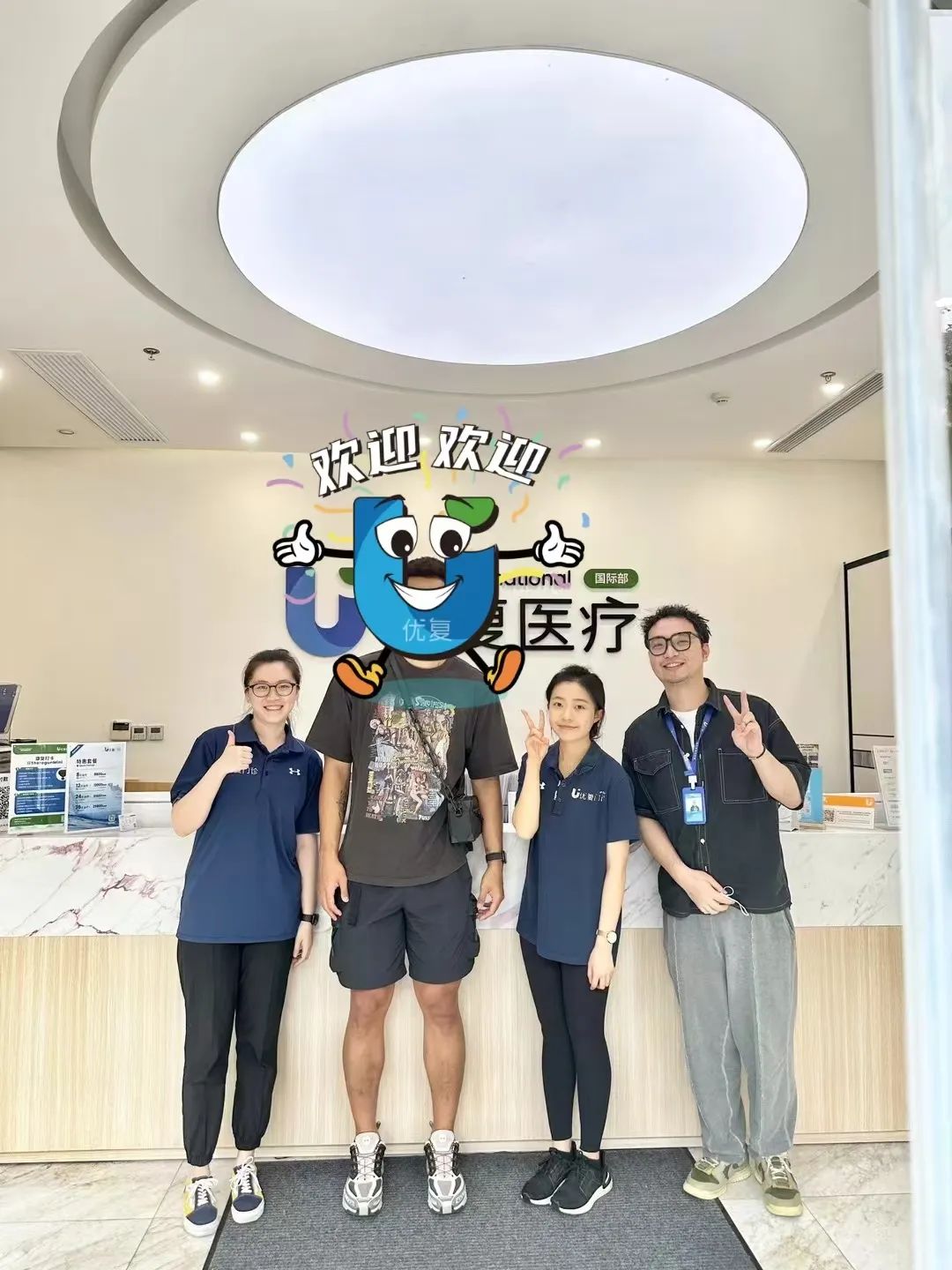
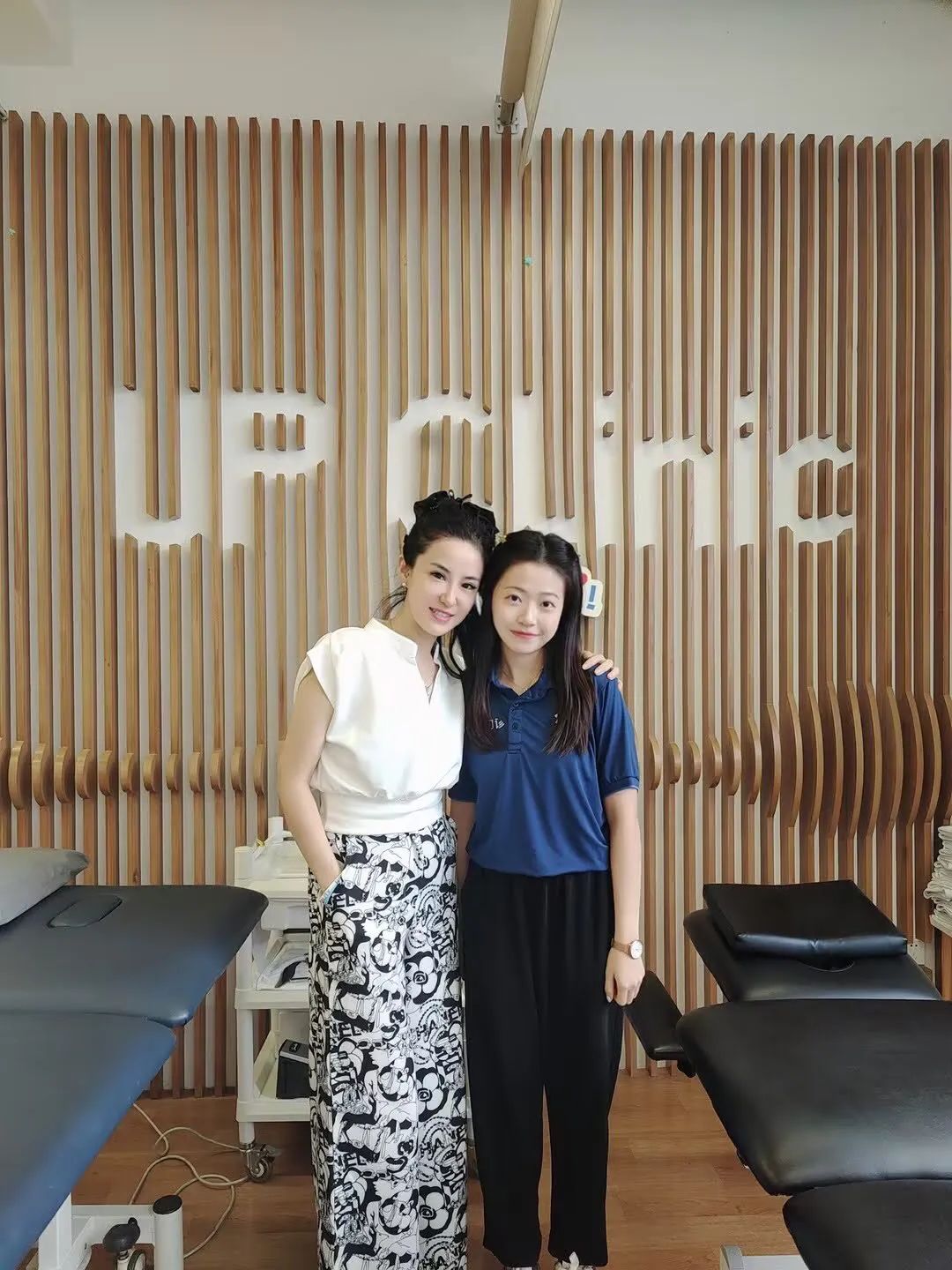
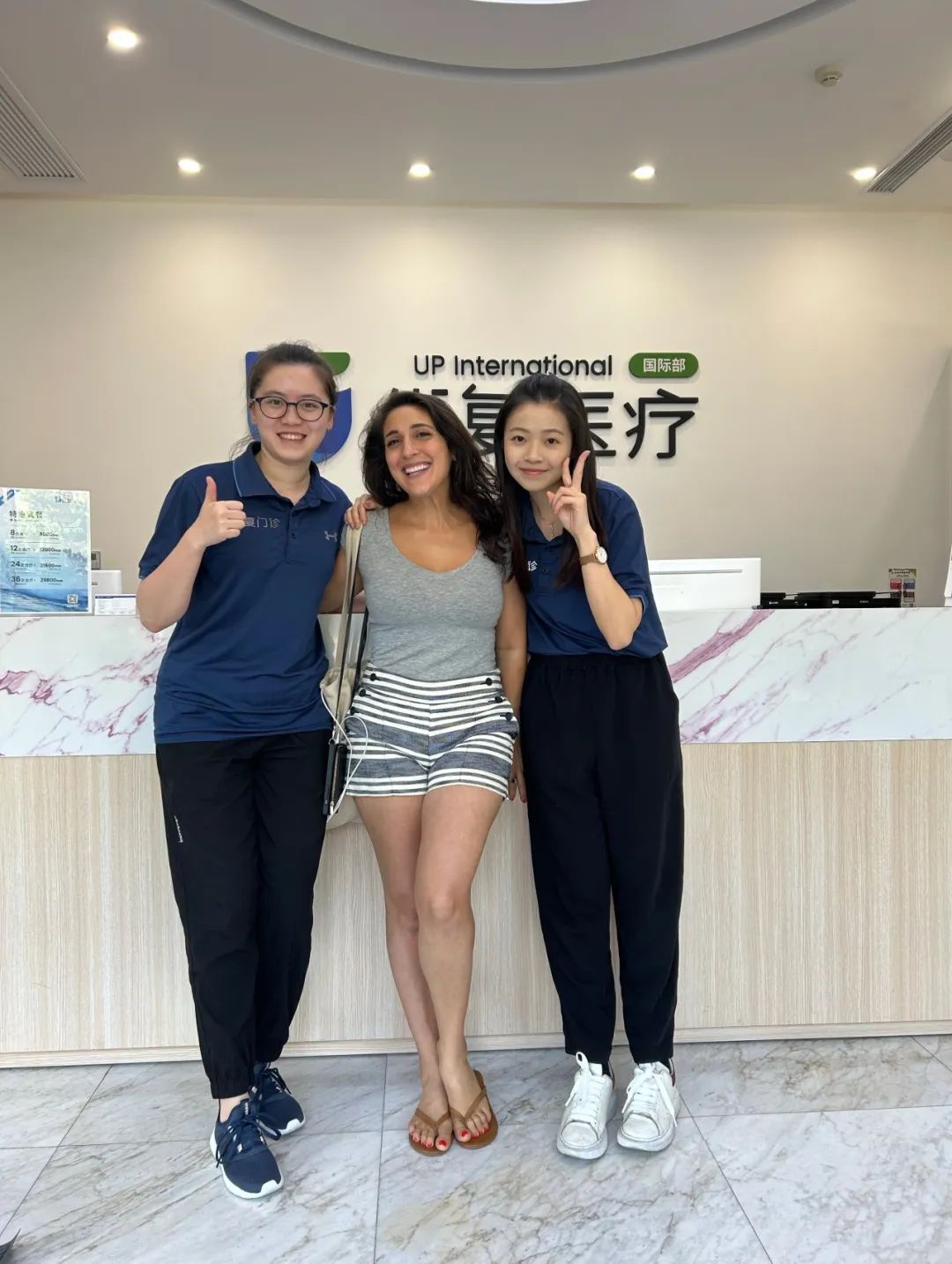
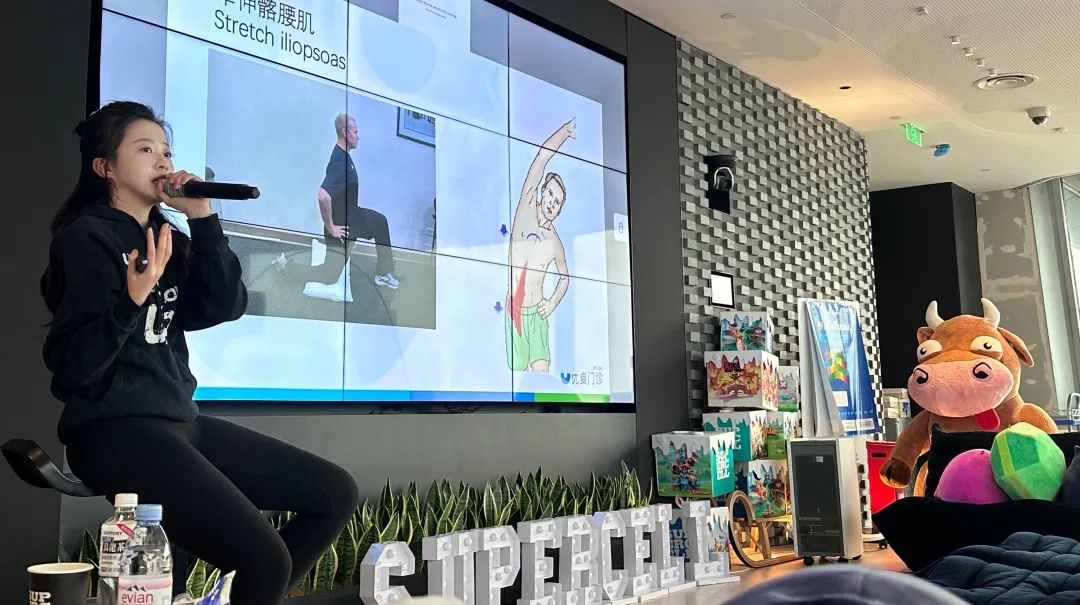
(2023年)
When she’s not working, she gets her energy from living a city lifestyle – going to brunch, coffee shops, yoga and Pilates. She joined UP two years ago – with the one year off – and is happy to be back in the city to return to a Shanghai-lifestyle vibe.
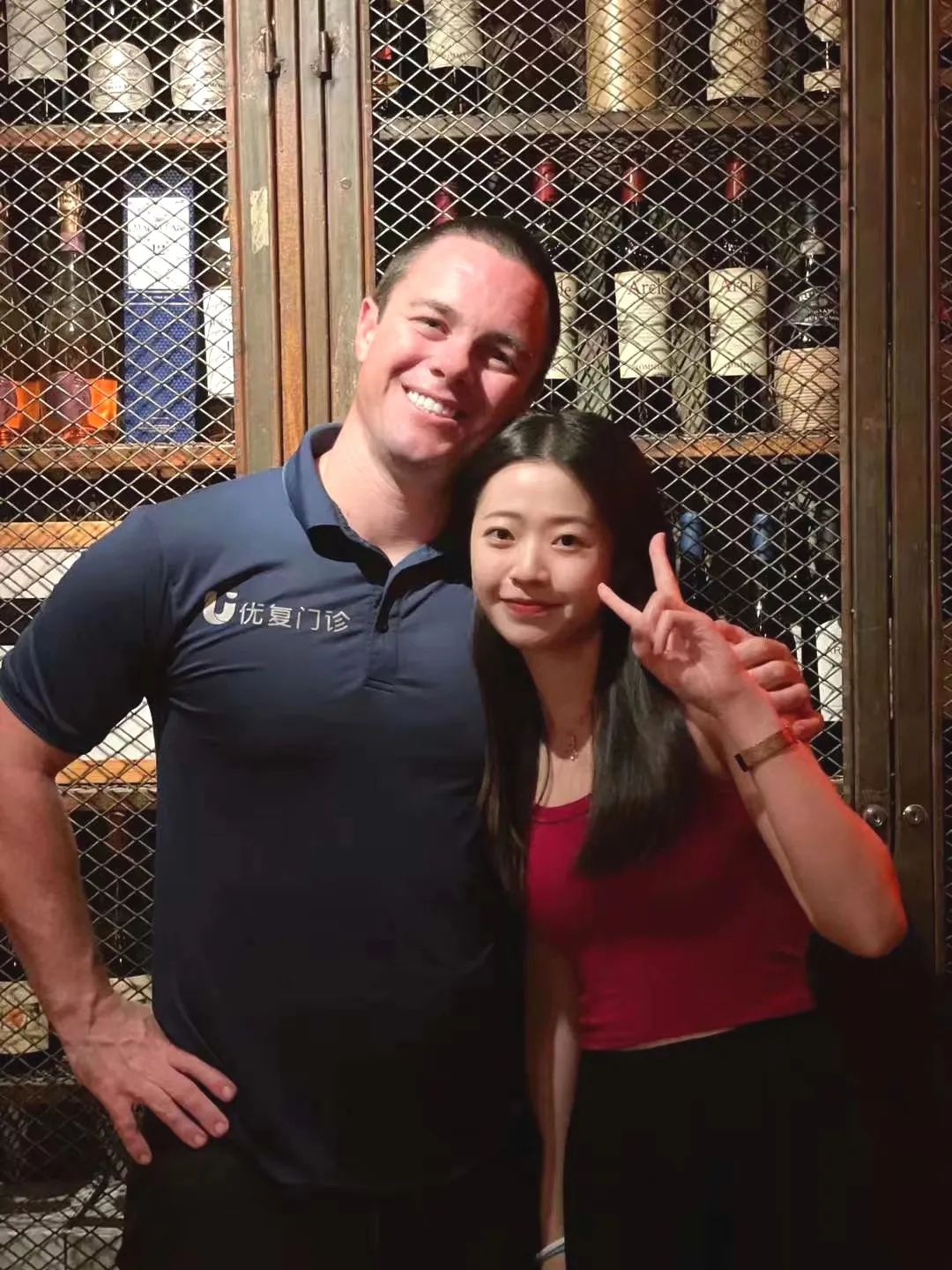
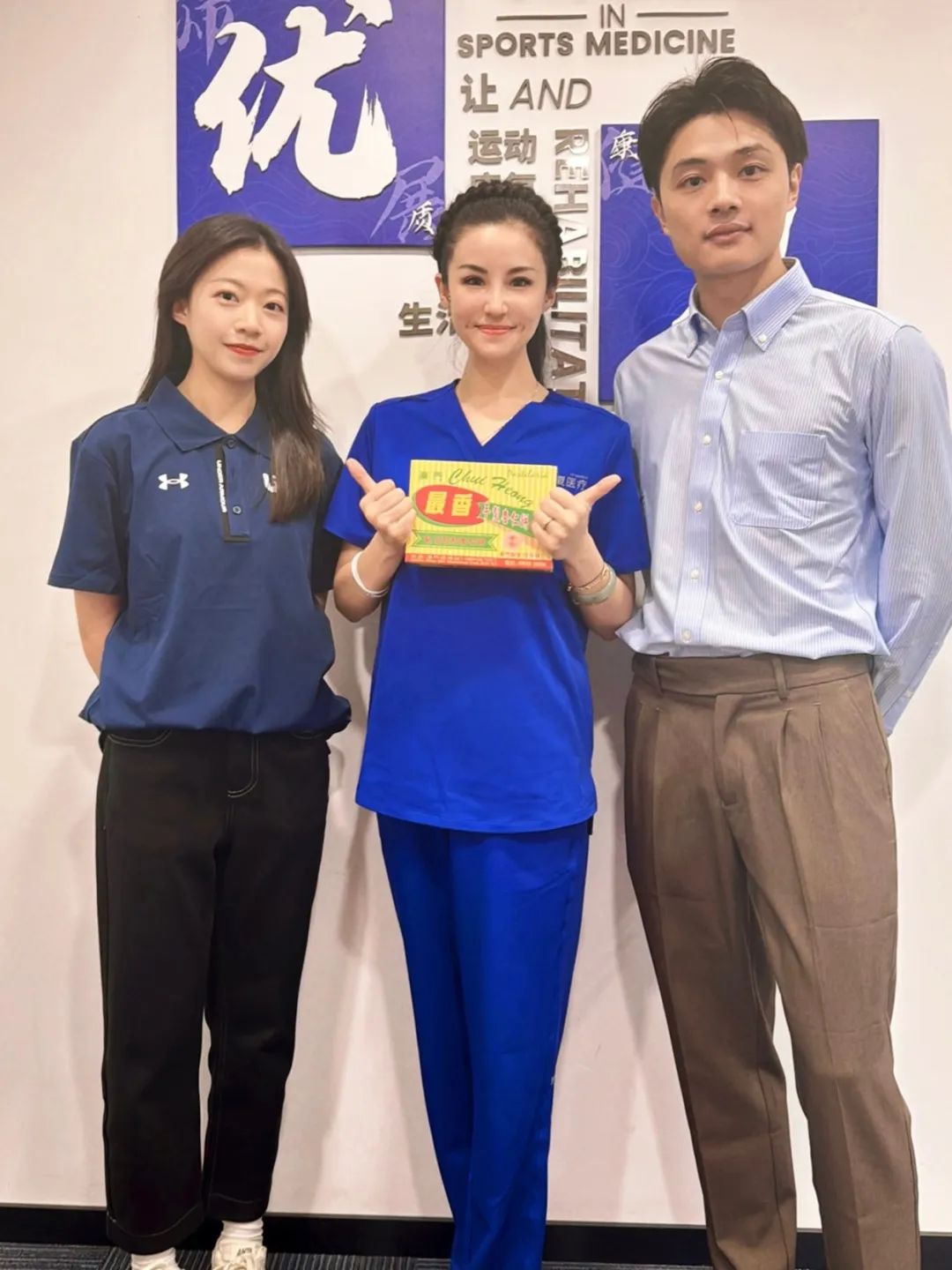
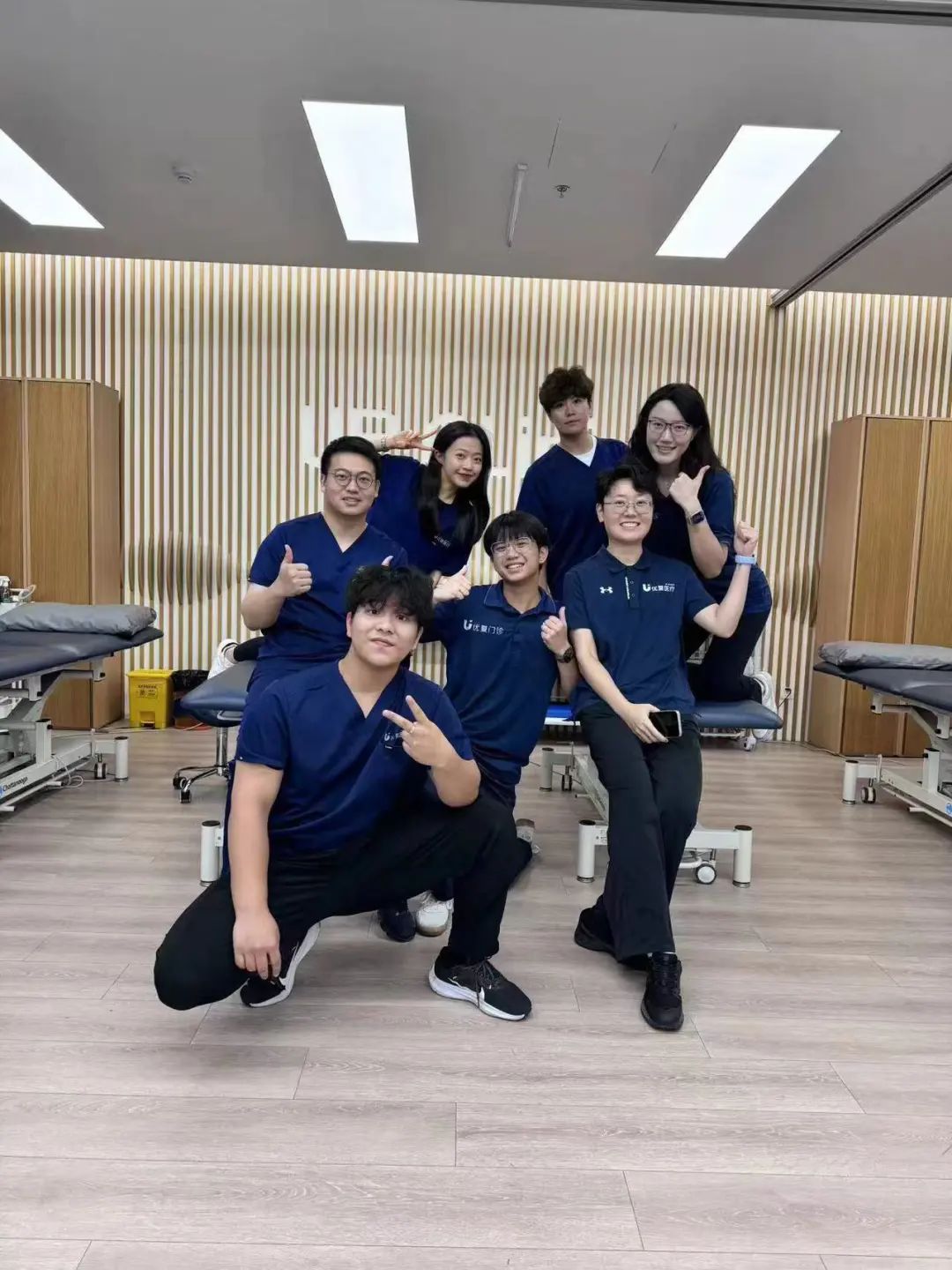
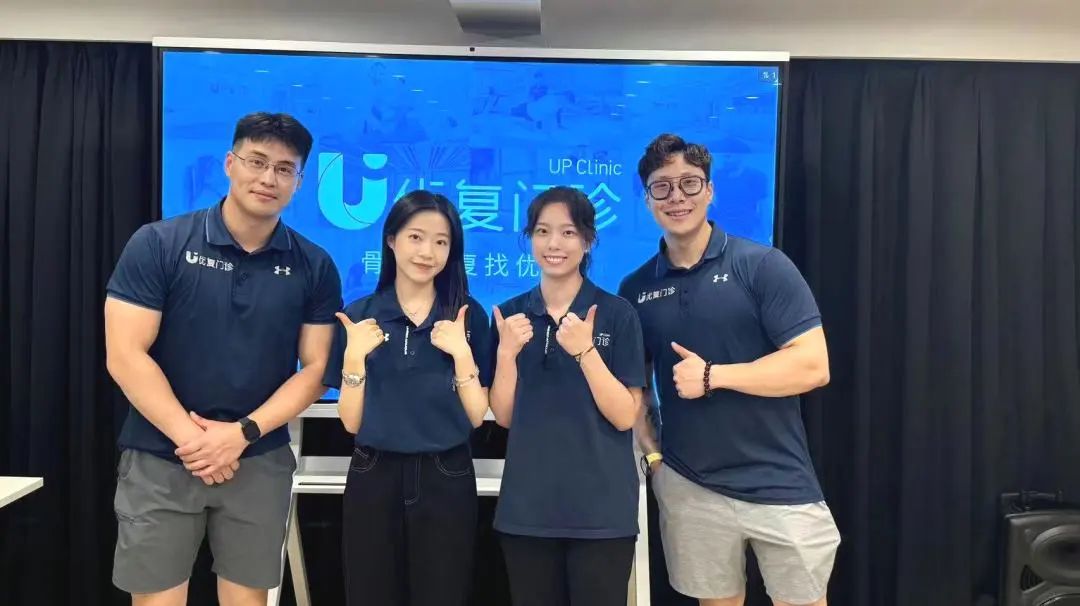
(2024年)
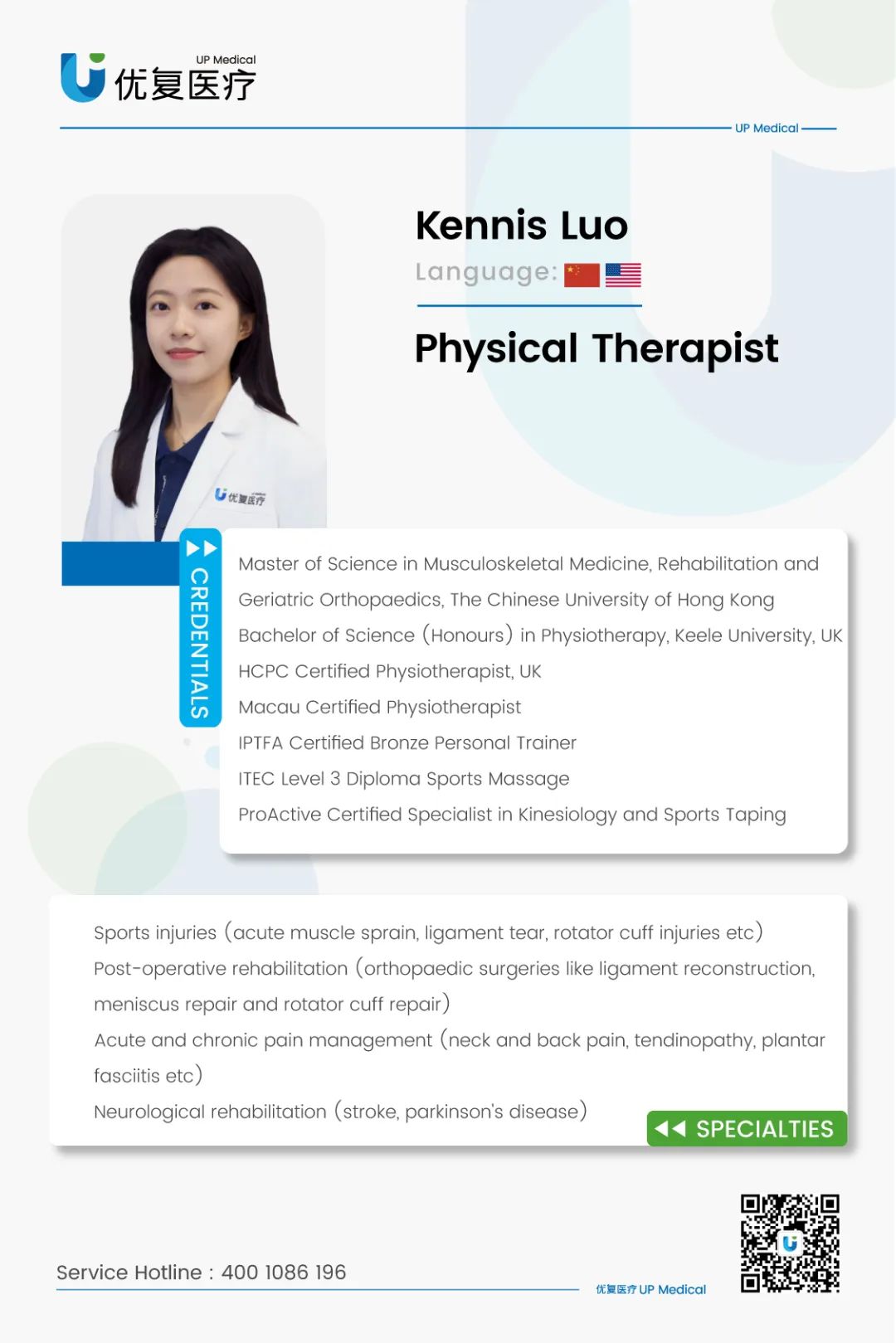

Author / Lauren PT / Kennis Luo

Having now focused more on learning about musculoskeletal rehab, and more on sports medicine and geriatric orthopedics, we catch up with Kennis to learn more about her experience and what she looks forward to doing with her new skillset.
Q1
You have a very strong and well-rounded background in physical therapy, what made you decide to choose the particular school that you did?
In Hong Kong, there are two major physiotherapy programs. Polytech is more well known with hands on and manual treatment, but the program I did is more well known with sports medicine and MSK (musculoskeletal). When I was working at UP I knew I wanted to focus more on MSK and the sports medicine field so I thought that matched more of my career pathway and after completed the program I felt I picked the right one. Along with that, I also learned more about geriatric orthopedics. Since aging population is the majority focus in medical world for the upcoming decades, so I thought it would be good to learn more about that too.
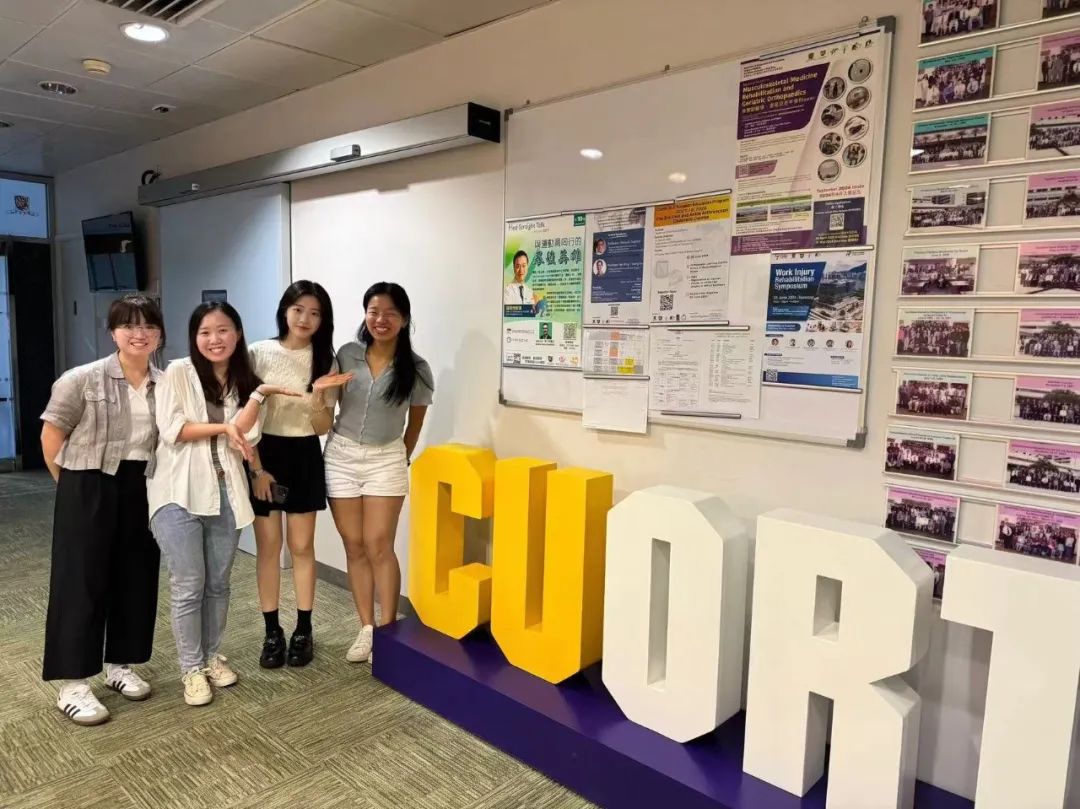
Q2
Along with going to school full time, you continued to see patients. That sounds intense!
To be honest, it was intense. I was working part time in a clinic back home because I didn’t want to stop seeing patients for a year. For me, it’s kind of like languages… when you are in that environment you’re used to think and speak in that flow but if you take a break you need time to pick it back up. So I decided to work part time even just seeing one to two patients a day, at least I was still in the flow. By the time I came back I could start straight away versus needing time to pick it back up from where I left off a year ago.
Along with that, my uni was in Hong Kong, but the clinic and my family (where I lived) was in Macau), so I travelled back and forth a couple of times a week. Even though it’s close, it’s still about an hour – like from Jingan to Baoshan – back and forth in one day. But I felt I could push myself a little harder since it’s just a year and I knew there’s an end. In summary, it was a crazy year for me.
Q3
How was your experience at the clinic / university there?
I was really thankful for the opportunity though. The faculty and department head is very well known. Recently, the champion of the Olympian fencer Vivian Kong she was injured a month prior to the Games but she was treated under us and the whole team worked really hard throughout the journey. It’s so proud for us all to see her performance in the game.
Q4
How do you feel the additional schooling helped to improve your skillset?
I wouldn’t say there is a big difference skills-wise from what I did before the program to now, but it definitely changed my mindset much more. I communicate differently, look things at a bigger picture. In that sense I’ve already noticed a big difference. For me, being a physio is not just about skills, its also about how you speak, ask and act, so in that sense there’s definitely changes pre and post training.
Before I did my masters, clinically I was seeing more occupational-related cases (acute or chronic pain management cases). Since I did my masters and also being surrounded by more sports-related or post-op cases, I feel like this would be my new focus. In the past year, my father and some of my close friends underwent surgeries due to sports-related injuries (meniscus, labrum tear, etc.). All in a sudden, I was surrounded by people/friends who were related to what I was studying. So I continued to work on those and improve my skillset by helping them along the journery. That said, I like working with a mix of both types of patients.

Q5
How does it feel to be back?
It’s good to be back. Before I left, there were a lot of changes to the clinic spaces – Dagu was renovating and expected to get bigger. Throughout the whole year, my lovely colleagues send me updates about the process and so it was great to come back and work in a fresh space. Of course there are always changes but it doesn’t feel like there’s big change coming back because it’s only been a year. It’s still very familiar with the same colleagues and groups of people.
Q6
What’s something that has surprised you about being back, or about being a physical therapist in general?
I felt like the connection between therapists and patients is actually stronger than what you think. Perhaps you accompany a patient with their rehab journey and even tho when the journey is over, the connection is still there. Maybe next time if they have some other problem, since you built that trust, you are their go-to person that they want to share their story with. Even though maybe you are not the person that can help and solve that specific problem, they will get in touch with you to see if it’s possible. I’m surprised by the connection and bonding between therapists and patients. It’s really special and hard to explain in words.
Q7
Can you elaborate on that? You get to spend more time with your patients as opposed to?
Sometimes if you are working at a public hospital or as an orthopedic doctor, their time is very limited due to the high case load. Even if they want to spend time with patients to elaborate more about the background or subjective history, they can’t. So we are the ones that get to go through the long journey – it’s like a marathon – with the patient. The connection and trust slowly builds. It’s not always that simple – sometimes it does feel like a doctor patient relationship, but sometimes it feels like a friend. And sometimes if you had a bad day, maybe your patient can even sense that and they say something nice that really makes you feel good to. It goes both ways. The treatment session doesn’t just help the patient, it can also be rewarding for the therapist.
Q8
That’s so special and so rewarding. What made you decide to become a physical therapist in the first place?
I first decided to become a PT because of my father. Ever since I was a child, I had memories of him with a bad neck problem – he really suffered from bad headaches. Sometimes he would bring me to the physio visit or the doctor visit. I was the child sitting in the corner observing everything. From a kids perspective it looked very magical for me. We usually think about the invasive side of treatment like injection or medications, but physios usually do different modalities and manual skills. I would always wonder how did it work if you don’t use any medicine you could still see the symptoms get resolved. It was very magical and I guess that’s when the foundation was built. Moreover, when I was in high school I was very interested in human biology as well. So I think physio is a good choice in uni. On top of that, I’m more of a outgoing person and I think this profession is very interactive which suits me in both career side and personal side. And now, I even give my dad a lot of suggestions to help him out!
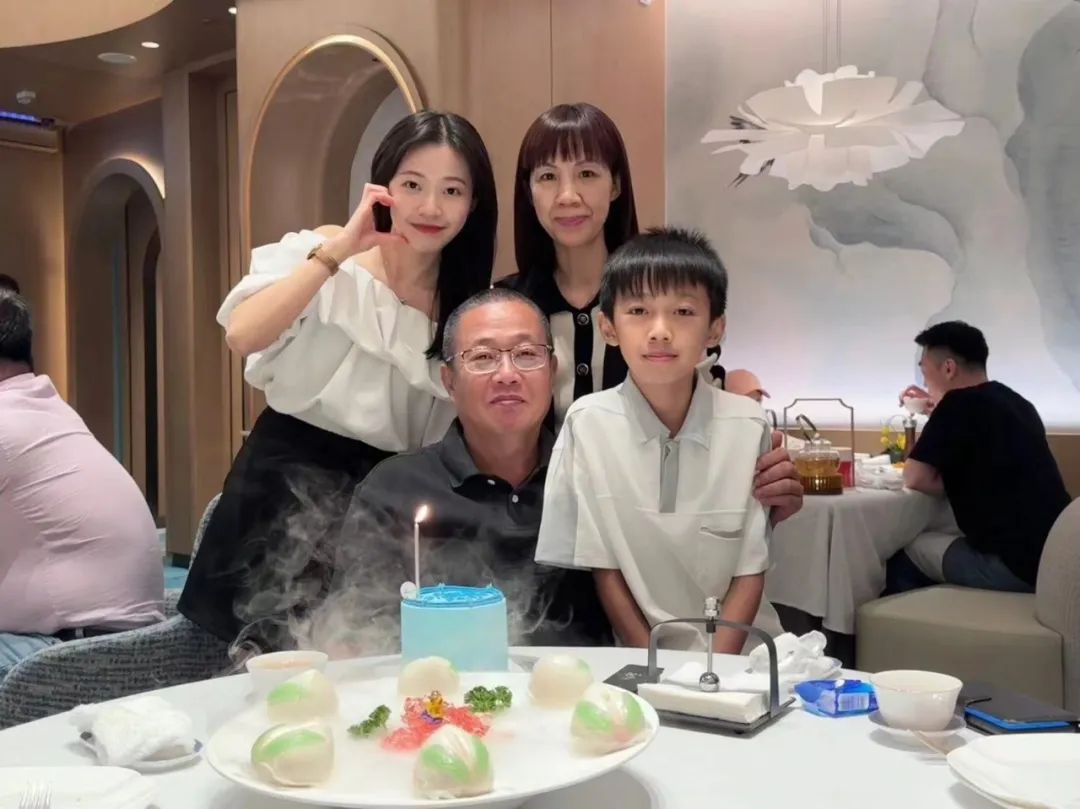
Q9
That’s so cool that you can help your dad now. What do you think is your biggest challenge working as a PT?
I would say it’s building that initial trust and relationship. There’s so many different factors that could contribute to it. Communication, Responsibility, Professionalism and more. Especially working in an asian community, many people do believe treatment skills and professionalism do somehow equivalent to age and experience, and some people appraise this through outlook. In that perspective, my outlook could be a disadvantage. One of the most common impressions that was given from patients is they think I look too young. But I truly believed that if you are doing something that feel passionate about, and do it with attitude, the patient could feel it. You couldn’t change the first impression that usually build in seconds within people’s mindset, but you can change it right away once you start talking and communicate.
Q10
What is your favorite thing about being a PT?
I feel very lucky to be working in a field that I enjoy. I’m very passionate about it and I love it. You see patients when they are in a difficult position and maybe in low mood. I always keep my promise to my patient: “No matter what’s the reason you decided to work with me, my guarantee to you is that we will try our best to work together as a team and to hit your goal”. There are always going to be up and downs in the journey and everyone will compete at a different pace. The only thing that doesn’t change is you’re not alone. Your therapist will always be with you and you have a team. I think giving that reassurance definitely means a lot to the patient.
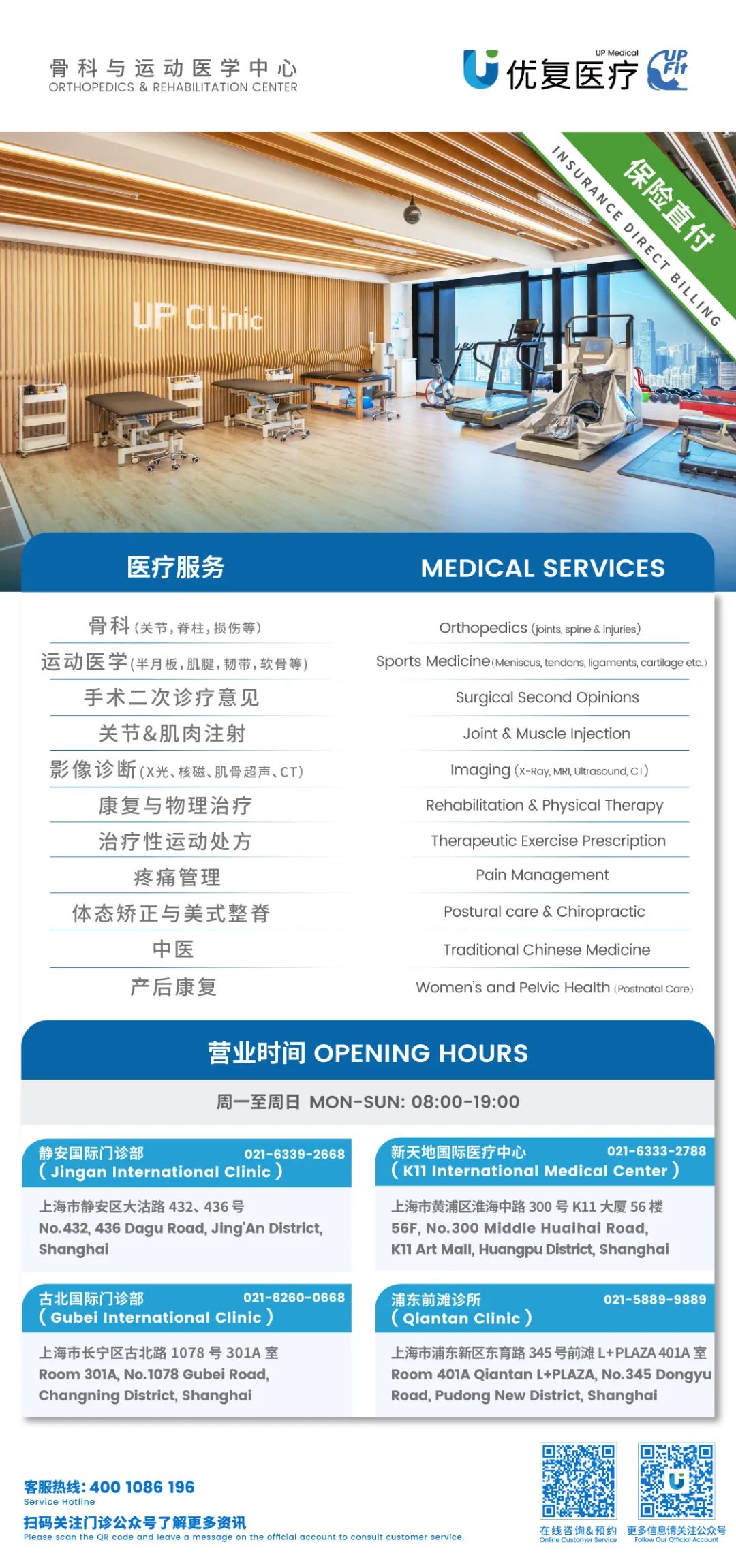
本篇文章來源于微信公衆号: 上海優複康複醫學門診部

